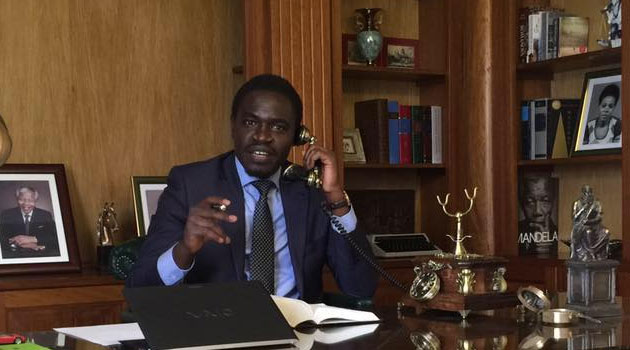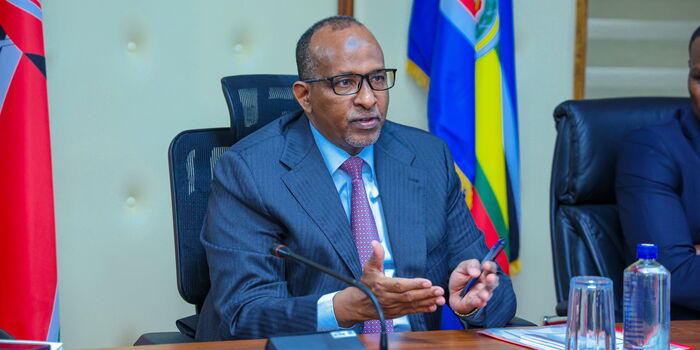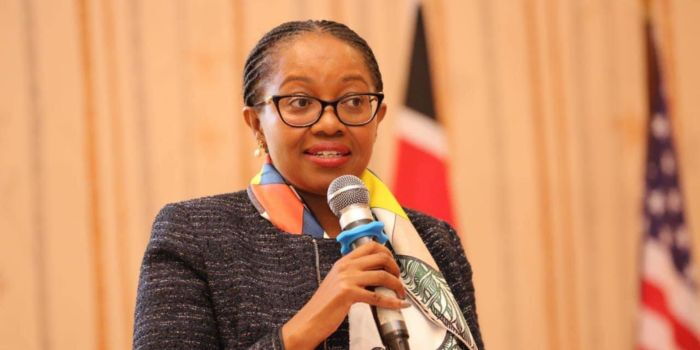The former Law Society of Kenya (LSK) President Nelson Havi has unveiled plans to file a constitutional petition aimed at decriminalizing the cultivation, processing, sale, and use of marijuana within Kenya.
Announced on Sunday, Havi’s initiative seeks to challenge existing legal frameworks that classify marijuana as an illegal substance, arguing that such prohibitions infringe upon constitutional rights.
“I will in the coming week file a constitutional petition to declare as unconstitutional all sections of the law criminalizing the growing, processing, sale, and use of marijuana,” Havi stated, though he did not specify the exact date for filing.
Historical Context and Previous Advocacy
The conversation surrounding marijuana legalization in Kenya is not unprecedented. During the 2022 General Election campaign, Roots Party presidential candidate George Wajackoyah championed the cause, asserting that marijuana cultivation could substantially bolster Kenya’s economy. He estimated that cultivating marijuana in Nyeri County alone could generate enough revenue to offset the nation’s debt, projecting earnings of up to KSh8 million per acre per harvest. Wajackoyah emphasized that if marijuana were grown in Nyeri alone, each Kenyan could receive a dividend cheque of KSh200,000 annually from its sale.
Despite such advocacy, the National Authority for the Campaign Against Alcohol and Drug Abuse (NACADA) has maintained a firm stance against legalization. In a 2022 statement, NACADA underscored that, under Kenyan law, the Narcotic Drugs and Psychotropic Substances (Control) Act permits cannabis use solely for medical and scientific purposes, with recreational and commercial activities remaining prohibited. The authority warned that individuals found in possession or engaged in the trade of cannabis would face legal repercussions.
Global Perspectives on Marijuana Legalization
Kenya’s internal debate mirrors a broader global conversation, with various countries adopting diverse approaches to marijuana policy:
- South Africa: Permits the private use and cultivation of cannabis by adults, following a 2018 Constitutional Court ruling.
- United States: As of 2025, 24 states have legalized recreational marijuana use, though federal law continues to classify it as an illegal substance. This dichotomy has led to regulatory inconsistencies and ongoing discussions about health implications and federal oversight.
- Canada: Legalized recreational marijuana nationwide in 2018, establishing a regulated market that has influenced policy discussions in other nations.
- Uruguay: Became the first country to fully legalize marijuana in 2013, implementing a state-controlled system for production and distribution.
- Germany: Has moved towards decriminalization and is exploring regulated legalization frameworks, reflecting a shift in European attitudes towards cannabis.
- Italy: While hemp cultivation for non-psychoactive uses is legal, recent governmental actions aim to restrict the burgeoning “cannabis light” industry by banning products derived from the hemp flower.
- France: Despite having one of the highest cannabis consumption rates in Europe, France maintains stringent drug laws. However, there are growing calls to reconsider these policies in light of potential economic benefits from taxation and regulation.
Nelson Havi’s forthcoming petition is set to add a significant chapter to Kenya’s ongoing debate over marijuana legalization. As the nation grapples with economic challenges and evolving societal attitudes, the discourse encompasses legal, economic, and public health considerations.
Havi’s initiative may serve as a catalyst for renewed discussions on how Kenya can navigate these complex issues in the context of global trends and domestic realities.













